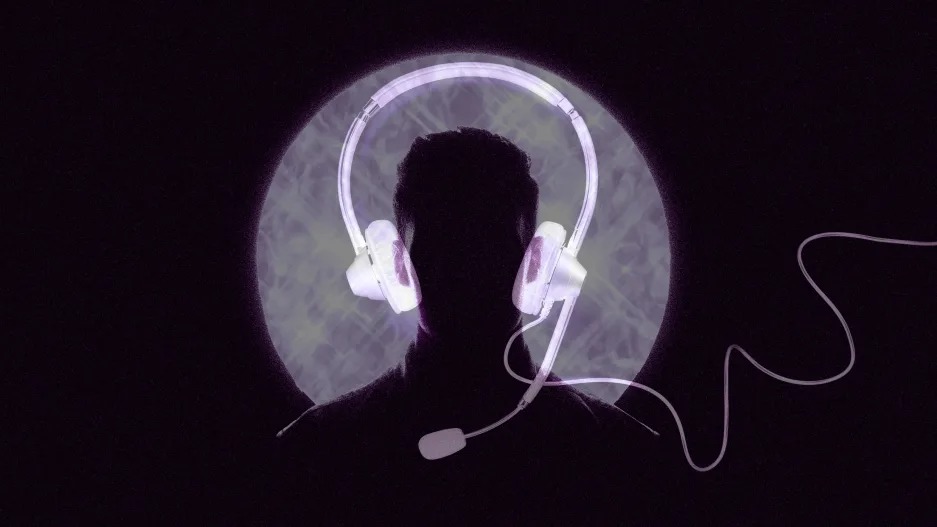- | 9:00 am
The surgeon general says we’re facing a loneliness epidemic. This company is helping curb it
Pyx Health is drawing attention to loneliness as a key part of a person’s mental and physical health.

When Cindy Jordan’s stepdaughter, Rylie, had a mental health crisis in 2017, one of the main things Rylie shared with her family was that despite being in college and living with a girlfriend, she felt very alone.
That’s when Jordan, who had cofounded and led a medical referral service company, realized that the U.S. has no real clinical approach to tackling loneliness—and that she wanted to find a way to address it. She and her wife, Anne, started Pyx Health, a tech-enabled services company that partners with insurers to screen their members for loneliness and offer interventions via a combination of a chatbot and a team of support staff who are overseen by a clinician.
U.S. Surgeon General Vivek Murthy highlighted the country’s “epidemic of loneliness” in a recent report that positions loneliness as more than just a feeling. It’s a force that contributes to mental and physical illness. According to the report, lack of social connection can increase the risk of heart disease by 29%, stroke by 32%, and dementia among older adults by 50%. Plus, it makes premature death 60% more likely.
Despite being treated for mental health issues and being surrounded by loved ones, Rylie lost her battle with mental health issues 2021. “Even though we were doing this work [with Pyx], literally the last text she sent a friend was about how lonely she was,” Jordan says. “I understand how pervasive and deadly loneliness can be, but if you can find folks who are in the early stages of loneliness, you can stave off many mental and physical health conditions.”
Jordan hopes that Pyx can raise awareness of the fact that loneliness has as many health impacts as it does causes. “The surgeon general has brought a lot of attention to this issue, and he’s been passionate about it for a long time, but loneliness has degrees just like depression,” she says. She adds that a lot of Murthy’s messaging is around reengaging with community, something that’s not easy for the chronically lonely. “Chronic loneliness is different—the brain starts to rewire itself to believe that nobody and nothing can help you—they stop taking their medicine, they stop engaging with their family. They cannot, even if they want to, engage with the community. We call that ‘stuck in the mud.’”
To help get people unstuck, Pyx starts by identifying a health plan’s members—including Medicare and Medicaid recipients—who might be at risk of being chronically lonely. Then Pyx calls them. In the intro call, Pyx onboards members onto its platform to assess their degree of loneliness, as well as possible contributing factors like food and housing insecurity. It can also direct them to resources and give more acute cases action items that can help get them to reengage.
If the patient’s responses suggest that they suffer from high acuity loneliness, they are directed to Pyx’s call center of peer-support-certified staffers, who can help them start the company’s Thrive Pathway—an eight-week program meant to move them toward being able to self-manage loneliness, or toward working with a therapist or psychiatrist.
“It helps [patients] with every single aspect of their lives, which is how you solve for loneliness,” Jordan says. “You can’t just keep somebody company. You have to help them.” In exit screenings, Jordan says 69% of people who complete the Thrive Pathway see a reduction in loneliness overall and 45% reduction in severity.
Jordan says that despite the conversation around loneliness taking place recently, it is only just starting to be addressed. But the light being shone by the surgeon general and Pyx could be a step in the right direction. A real solution would be if a loneliness diagnosis were something doctors could bill insurers for.
“Loneliness needs to be considered a diagnosable, treatable condition—doctors would pay attention to it if there was a billing code,” Jordan says. “Why are we not treating it financially the same as [depression]? To me, that will be the game changer.”







































